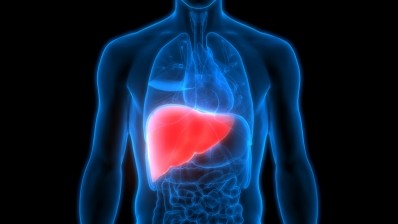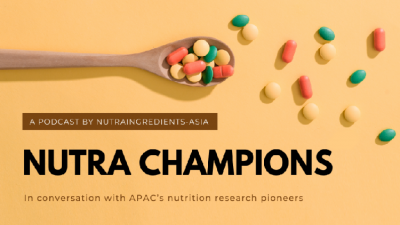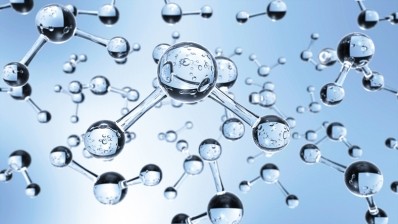Antibiotic-inulin therapy lowers amounts of enzyme linked to liver damage in NAFLD patients – RCT

The study, believed to be the first which looked at how a combination of strategies, including a very-low-calorie diets (VLCDs), metronidazole, and prebiotics could improve NAFLD, was published in Nutrients.
A total of 62 subjects suffering from NAFLD were recruited into the RCT which comprised of two assessment stages.
In the first stage, the subjects had to take a VLCD for four weeks to initiate weight loss as part of the NAFLD treatment.
The VLCD regime in turn reduced the mean BMI and ALT of the subjects by 2.4kg/m2 and 11U/L respectively.
Stage two
At this point, the subjects were randomised into a double-blind, placebo-controlled, parallel three-arm trial.
One group took the antibiotic metronidazole (400mg twice per day) for one week and the inulin prebiotic (4g twice per day) for 12 weeks. The inulin was supplied by Cargill Belgium.
The second group took placebo instead of the antibiotic for one week and inulin (4g twice per day) for 12 weeks.
The last group took placebo instead of inulin or metronidazole throughout the study.
By the end of the trial, the metronidazole-inulin group saw the greatest reduction in ALT levels.
Their mean amount of ALT decreased by 19.6U/L, while the reduction seen in the placebo-inulin group and the placebo-placebo group was only 2.2U/L and 0.2 U/L respectively.
“In conclusion, this is the first clinical trial evidence that supplementation with prebiotic inulin following brief metronidazole therapy can further reduce ALT after four weeks of VLCD therapy in patients with NAFLD,” the researchers said.
Weight-loss not required
However, the metronidazole-inulin therapy failed to support the loss in body weight induced by the VLCD diets.
More than half (52%) of all the subjects failed to maintain a weight loss of at least 7% after transiting to a real food diet.
As such, the researchers concluded that a reduction in ALT, the liver-damaged enzyme, is not related to a loss in weight.
This finding, however, was in contrast to what was found in previous studies.
“The reduction in ALT suggests reduced steatohepatitis, which, surprisingly, in our study—in contrast to other prebiotic studies that have shown an improvement in ALT commensurate with weight loss —occurred without further weight loss.
“This finding supports the potential role of metronidazole in improving steatohepatitis through the treatment of intestinal bacterial overgrowth and/or through altering gut microbial functions that enhance efflux of free fatty acids and de novo lipogenesis in the liver.
“These mechanisms can occur without weight loss as the cause,” the researchers said.
Source: Nutrients
Randomised Double-Blind Placebo-Controlled Trial of Inulin with Metronidazole in Non-Alcoholic Fatty Liver Disease (NAFLD)
DOI: https://doi.org/10.3390/nu12040937
Authors: Orr, Murphy, and et al


















